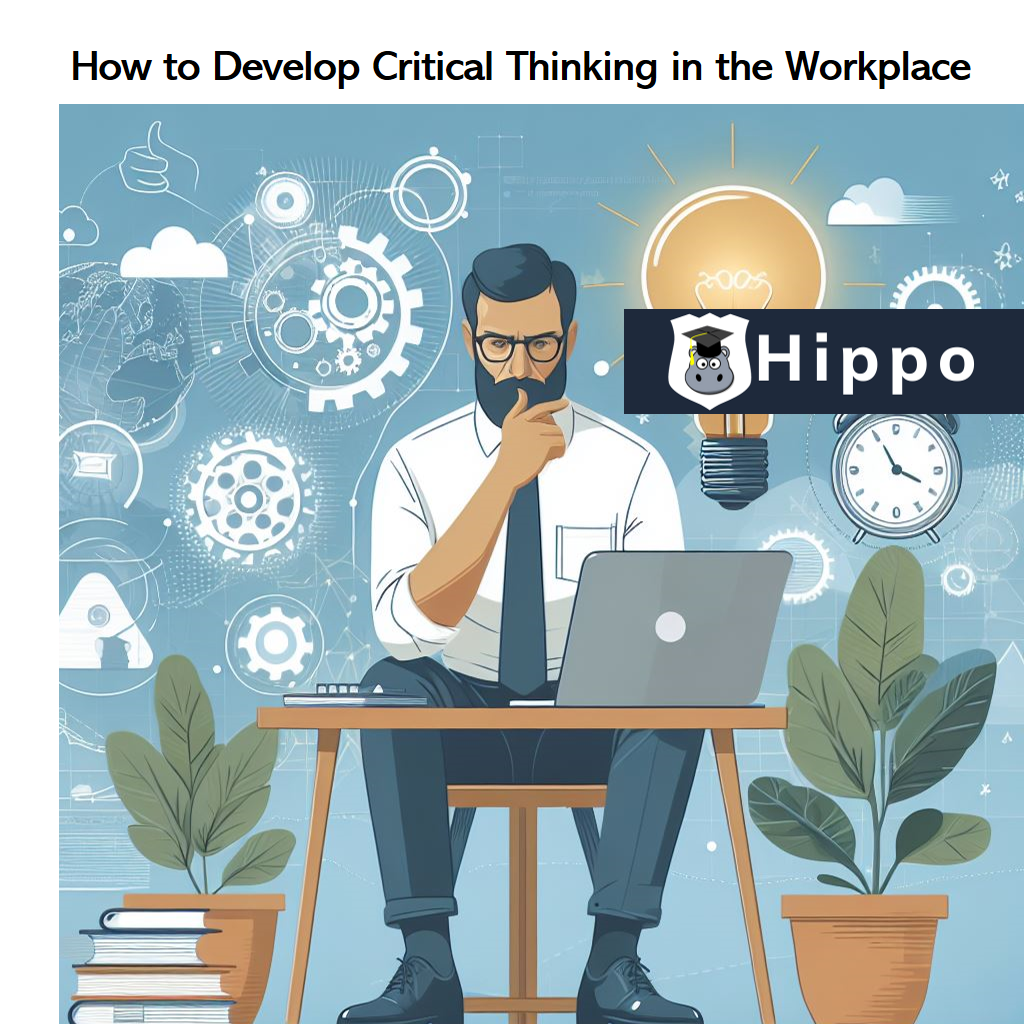Writing a 10-page research paper in 24 hours is a challenging task and should only be attempted if you have no other option. It will require intense focus, discipline, and a well-structured plan. Here’s a step-by-step guide on how to attempt such a task:
- Understand the Assignment: First, make sure you have a clear understanding of the assignment, including the topic, required format, and any specific guidelines provided by your instructor.
- Gather Your Resources: Have all your research materials and sources ready before you start. You don’t have time to spend searching for sources during the 24 hours.
- Create an Outline: Quickly outline your paper to give it structure. Decide on the main points and subpoints you want to cover in each section. This will help you stay organized.
- Focus on Your Thesis Statement: Your thesis statement is crucial. It should be clear and guide the direction of your paper.
- Divide Your Time: Divide your 24 hours into blocks of time. For instance, you could allocate 8 hours for research and outlining, 12 hours for writing, and 4 hours for revision and editing.
- Write Efficiently: During the writing phase, focus on getting your thoughts down. Don’t worry about perfection at this stage. Keep your outline in front of you and stick to it.
- Cite as You Go: Make sure to cite your sources properly as you write to avoid wasting time on this during the editing phase.
- Take Short Breaks: While it’s crucial to work quickly, don’t forget to take short breaks to rest your mind and avoid burnout. A 5-10 minute break every hour can be refreshing.
- Stay Hydrated and Nourished: Don’t forget to eat and drink. Staying hydrated and having some snacks can help you maintain your energy and focus.
- Edit and Proofread: After completing the initial draft, allocate time for editing and proofreading. Check for clarity, grammar, and formatting errors. Make sure your paper flows logically.
- Use Writing Tools: Utilize writing and editing tools like spell check, grammar check, and plagiarism detectors to expedite the editing process.
- Seek Feedback: If possible, have a peer or tutor review your paper for feedback and improvements.
- Final Review: In the final hours, do one last review of your paper to ensure it meets all the assignment requirements.
- Submit on Time: Make sure you meet your submission deadline. It’s crucial to adhere to the 24-hour limit you’ve set for yourself.
Remember, this is an extreme approach and not ideal for producing your best work. You may need to make sacrifices in terms of depth and quality. It’s always better to plan your time and start your research paper well in advance to allow for thorough research, thoughtful writing, and careful editing. Writing a paper under time constraints like this should be a last resort.
STEPS TO FIND THE RESEARCH SOURCES FOR YOUR 10-PAGE RESEARCH PAPER
Finding research materials and sources for your research paper is a critical step in the research process. Here’s a systematic approach to help you find and gather the materials you need:
- Start with the Basics:
- Review your assignment guidelines to understand the specific requirements and expectations of your research paper.
- Identify the key concepts and keywords related to your topic. This will help you when searching for sources.
- Library Resources:
- Visit your university or local library. Libraries provide access to a wide range of academic sources, including books, academic journals, magazines, and databases.
- Librarians can be valuable resources for helping you find relevant materials. Don’t hesitate to ask them for assistance.
- Online Databases:
- Access online academic databases like JSTOR, PubMed, Google Scholar, and your university’s library database. These databases contain a vast collection of scholarly articles, research papers, and publications.
- Use the relevant keywords to search for articles and papers related to your topic.
- Online Catalogs:
- Search your library’s online catalog for books, e-books, and other physical or digital materials related to your research. You can often request e-books and access them online.
- Citation Chaining:
- Once you’ve found a relevant source, check its reference list for additional sources. This is known as “citation chaining” and can lead you to more relevant materials.
- Google Search:
- While Google Scholar is a dedicated academic search engine, you can also use a regular Google search to find articles, reports, and websites related to your topic.
- Use quotation marks to search for exact phrases and include specific keywords to narrow down your results.
- Government and NGO Websites:
- Government websites, non-governmental organizations (NGOs), and international organizations often provide valuable reports, data, and publications related to various topics.
- Academic Journals and Magazines:
- Subscribe to relevant academic journals and magazines in your field. You can often access them online or through your library.
- Online Booksellers:
- Consider purchasing or borrowing books related to your topic through online booksellers like Amazon or through e-book lending services.
- Specialized Websites and Forums:
- Depending on your research topic, there may be specialized websites, forums, or communities where experts in the field share resources and information.
- Stay Organized:
- As you find sources, create a system for organizing your materials. Consider using reference management tools like EndNote, Zotero, or Mendeley to keep track of your sources and citations.
Remember to critically evaluate the sources you find for relevance, credibility, and quality. Not all sources are equally reliable. It’s essential to use a combination of primary and secondary sources to support your research and ensure that your paper is well-rounded and well-informed.



